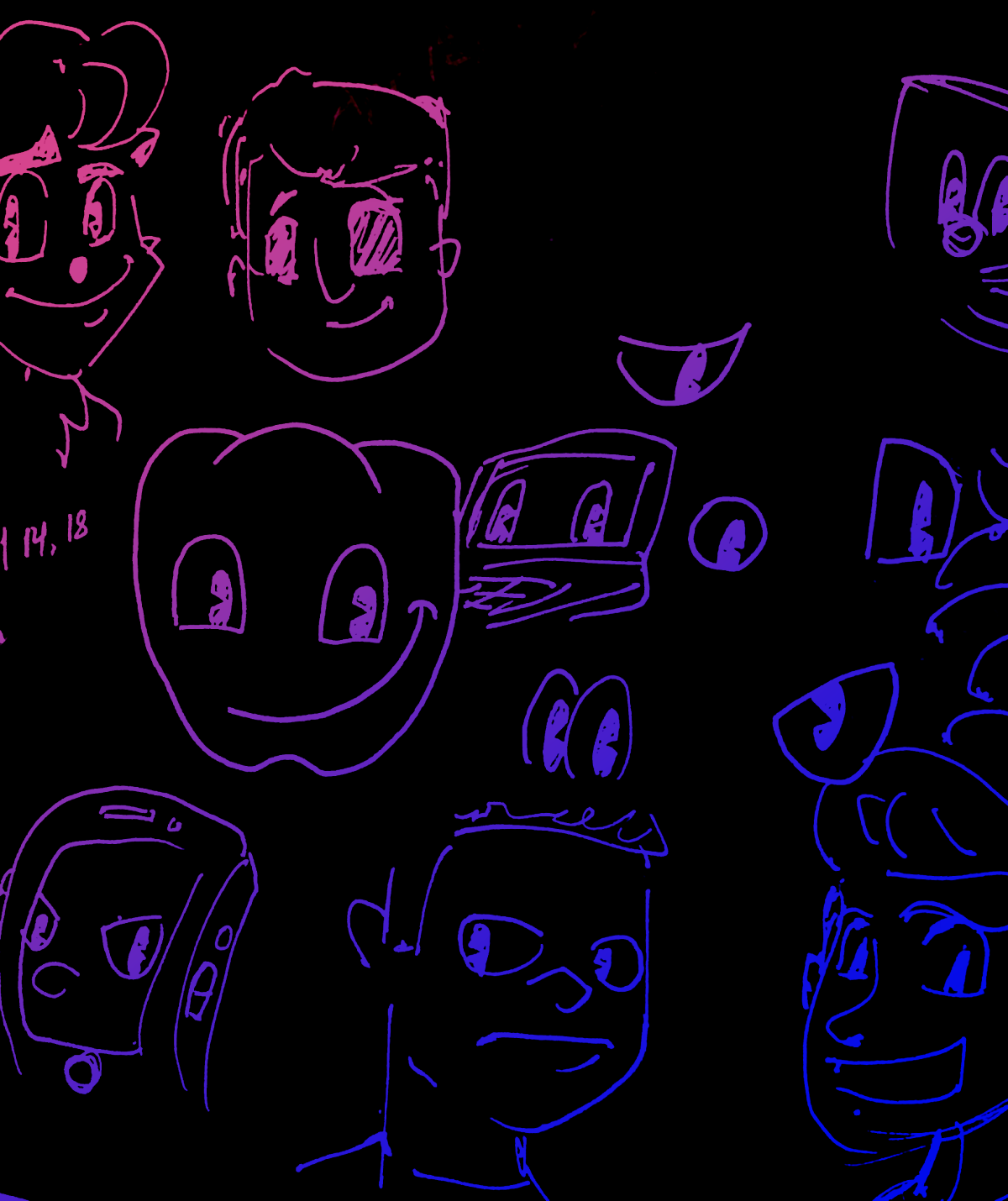When I left my job to start my own company, I had to unlearn most of the things I'd learned.
One of the things I'd learned while working in the corpo world was how to create goals. When I started building my own product, I had set a SMART (Specific, Measurable, Attainable, Realistic, Timely) goal to land 10 paying customers three months out.
Three months later. I had zero customers. I hadn't achieved my goal. Worse yet, I hadn't progressed towards it and that worried me. That was something I wasn't used to.
Let's back up a bit.
At the start of 2018, I weighed 200 lbs. I started noticing how frequently tired I was. I knew I needed some sort of a lifestyle change. I started simple: I incorporated some sort of physical activity every day for 30 minutes.
I wasn't working toward a specific goal of losing X weight by Y date. I'd set such goals in the past but they never tend to work out.
I didn't really have a direction. The process built itself organically. First, the workouts started off as jogs. Then, I started to incorporate weight training. And then, High Intensity Interval Training (HIIT).
Today, I weigh 170 lbs. I'm more energetic and my mood's definitely been more positive. My coffee consumption also gradually changed: it went from five cups, to two cups, to two decaf cups.
Everyday, I still put in at least 30 minutes of physical activity.
So, what was the magic formula? Reframing goals to systems. Little did I know, I had created a system to improve my physical wellbeing.
What were some parts of that system?
- learning about different workouts
- learning about my diet
- learning about my physical limits
- learning about what made me feel good
The byproducts of incorporating the system were:
- weight loss
- improved thinking
- improved energy levels
- improved mood
- less caffeine
I just want to reiterate that there was never a concrete goal around any of the above.
~
Anyway, back to building a product.
After I failed to hit my goal, I decided to unlearn goal-setting and instead apply what I'd learned from my physical wellbeing system.
I'd set a system in place to improve my product's growth.
The system included:
- learning how to talk to customers
- learning what to build
- learning how to market my product
By the end of 2020, we had 96 paying customers.
The byproducts:
- increase in subscriptions
- improved landing page
- new game ideas
- made new friends
I sometimes ponder about the psychology behind goals versus systems.
Here're my thoughts:
Goals are a double-edged sword. Since goals inherently set up expectations, failure to hit goals will impact most people negatively. Additionally, there's an expectation where goals always have to keep improving when they are achieved; this doesn't scale and will always set you up for failure.
Goals are finite by definition. Once you've reached a goal, you're done. Systems, on the other hand, are inherently infinite. You're not working towards a measurable metric, you're working towards continuous improvement and learning.
Infinite-minded leaders understand that “best” is not a permanent state. Instead, they strive to be “better."
- Simon Sinek, The Infinite Game
Goals focus on a target. Systems allow for a hollistic view around all the different components and allow for better optionality. Take for a example, a goal to lose 10 lbs versus the system of improving physical wellbeing. In the former, I might just follow an unhealthy diet plan and achieve my goal. In the latter, I may learn more about the dietary requirements of my body, favourite workouts to boost my mood, optimizing my time to include physical activity, etc. Because I never constrained myself to weight loss, I'm able to observe different avenues of growth.
Thinking in systems allow us to improve through organic process building while we observe and learn about the different components of the system. So next time you set a goal, don't. Build a system instead.
Goals to Systems examples
I want to make $100,000 annually by the time I'm 30.
Instead: build a system that improves your financial health.
The system may include:
- Learning about investments
- Learning about career growth opportunities
- Learning about skills you'd like to learn / improve
- Learning what costs you can cut down on
I want to read 30 books by the end of the year.
Instead: build a system that improves your love for reading.
The system may include:
- Learning about what books you like to read
- Learning about how you can incorporate reading into your daily routine
- Learning about how to control your wandering mind
💵 Balance: $17,482 (⬇️ $904)
